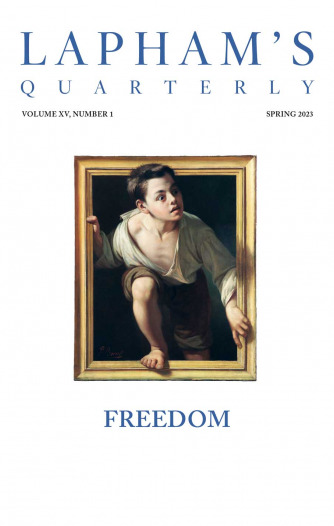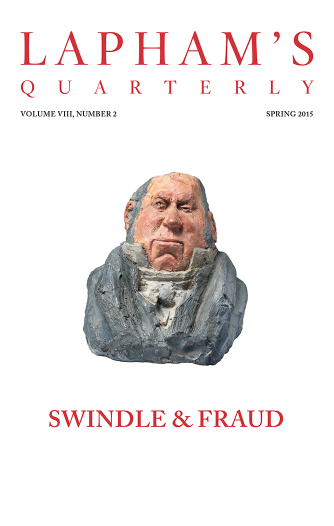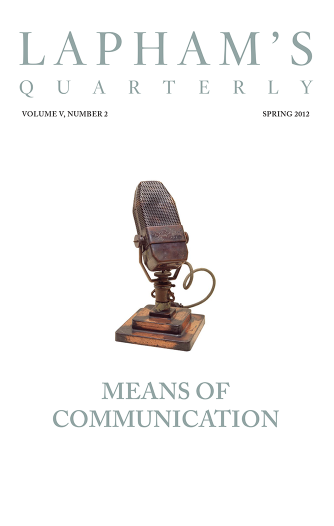
Epictetus
(c. 55 - c. 135)
The philosopher Epictetus grew up enslaved, and his real name is unknown; epiktētos in Greek simply means “acquired.” He studied Stoicism in Rome before obtaining his freedom around 70 and formulating his own teachings, which would later influence the Roman emperor Marcus Aurelius. He was banished along with other philosophers from Rome by Emperor Domitian in 90, settling in Nicopolis on the western coast of Greece. His teachings were recorded by his pupil Arrian, who also wrote a history of Alexander the Great’s campaigns. “Two maxims we must ever bear in mind,” Epictetus said, “that, apart from the will, there is nothing good or bad, and that we must not try to anticipate or to direct events, but merely to accept them with intelligence.”




